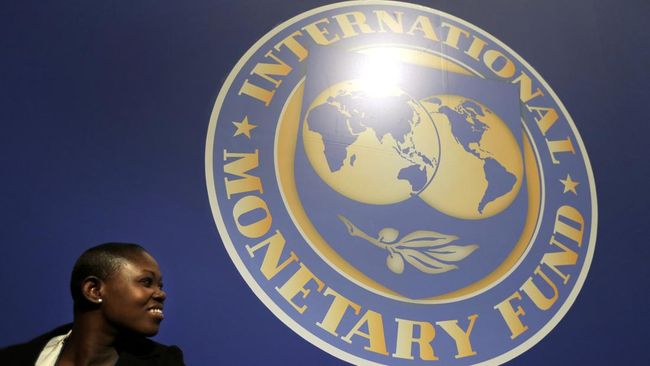- The IMF praised the CBN for its monetary policies, including interest rate hikes, which have helped stabilize the naira amid high inflation
- Despite the IMF’s commendation, local manufacturers expressed concerns that rising interest rates could hinder growth and increase borrowing costs
The International Monetary Fund (IMF) has praised the Central Bank of Nigeria (CBN) for its recent monetary policies, which have contributed to stabilizing the naira.
The commendation came in the IMF’s latest Global Financial Stability Report, presented in Washington D.C., highlighting the CBN’s aggressive interest rate hikes and efforts to clear foreign exchange (FX) backlogs as crucial steps.
Under the leadership of the new CBN Governor, Olayemi Cardoso, the central bank has raised interest rates multiple times to curb the country’s high inflation.
According to the IMF, these measures have helped ease pressure on the naira, which has suffered significant depreciation in recent months.
The IMF particularly noted the CBN’s success in settling verified outstanding foreign exchange obligations, following the March 2024 announcement that cleared much of the FX backlog. The CBN’s investigation also revealed an additional $2.4 billion in unverified obligations still under scrutiny.
Tobias Adrian, the IMF’s Financial Counsellor and Director of Monetary and Capital Markets, praised the CBN for its shift towards inflation targeting and exchange rate liberalization, describing the interest rate hikes as appropriate in light of Nigeria’s inflationary struggles, which currently hover around 30%.
However, the IMF’s optimistic outlook has not been universally shared. The Manufacturers Association of Nigeria (MAN) and the Lagos Chamber of Commerce and Industry (LCCI) have voiced concerns about the impact of these policies on the business environment.
MAN warned that the rising interest rates, including the September increase to 27.25%, could hinder the growth of Nigeria’s manufacturing sector by raising borrowing costs.
Similarly, the LCCI expressed worries that while stabilizing the naira is vital, high interest rates could limit business expansion and sustainability, particularly in the non-oil sector, which is already facing rising costs and reduced access to credit.
